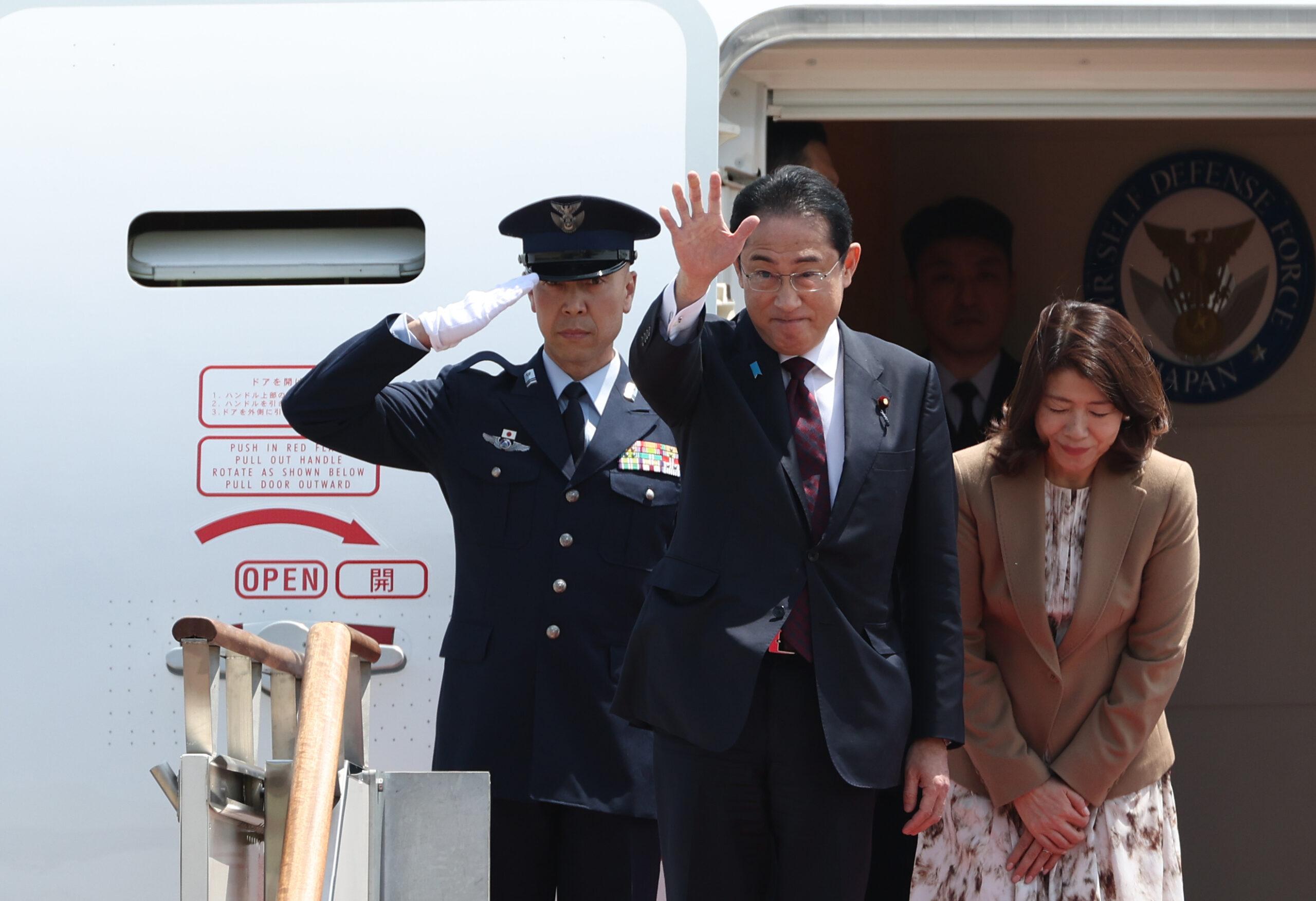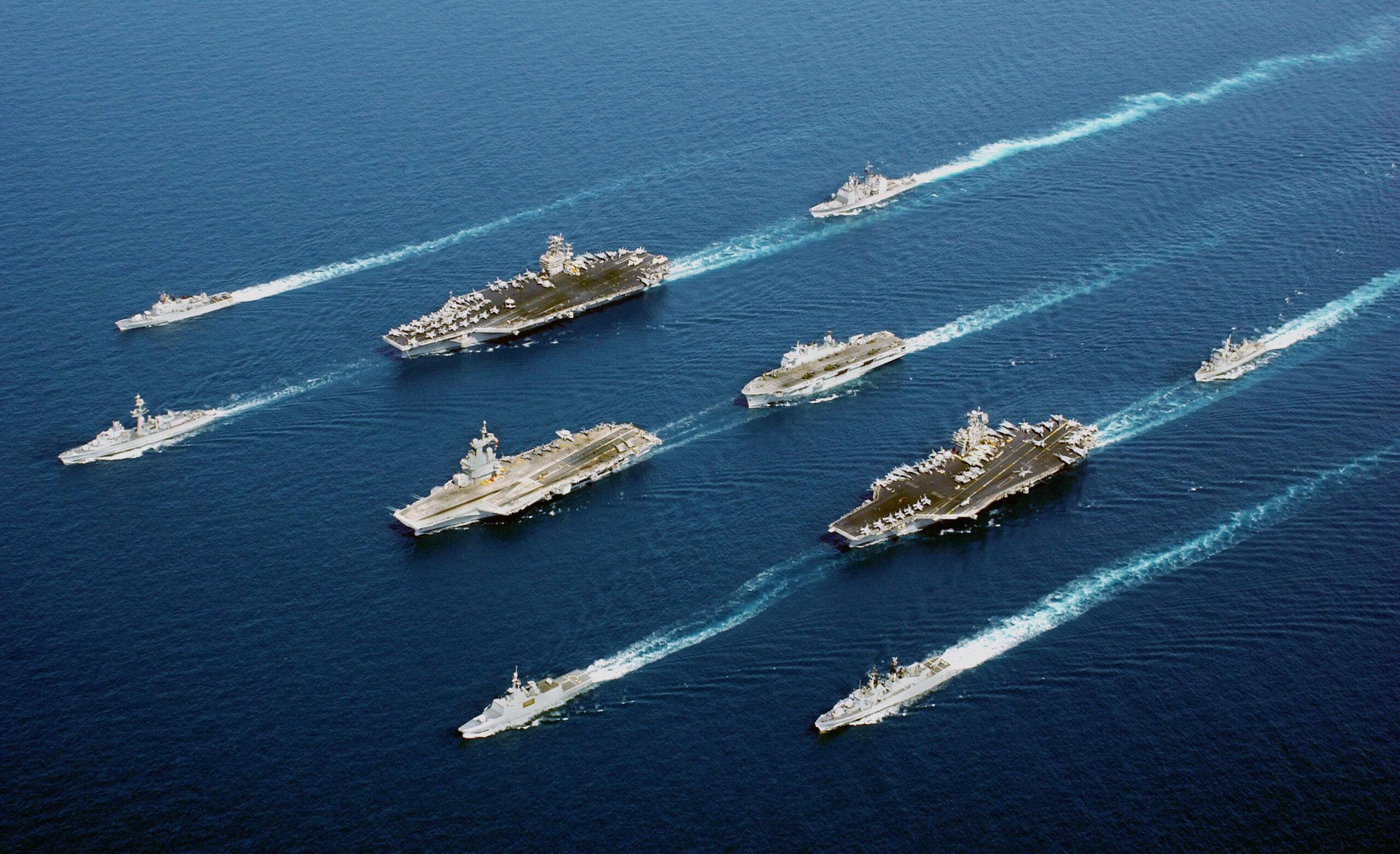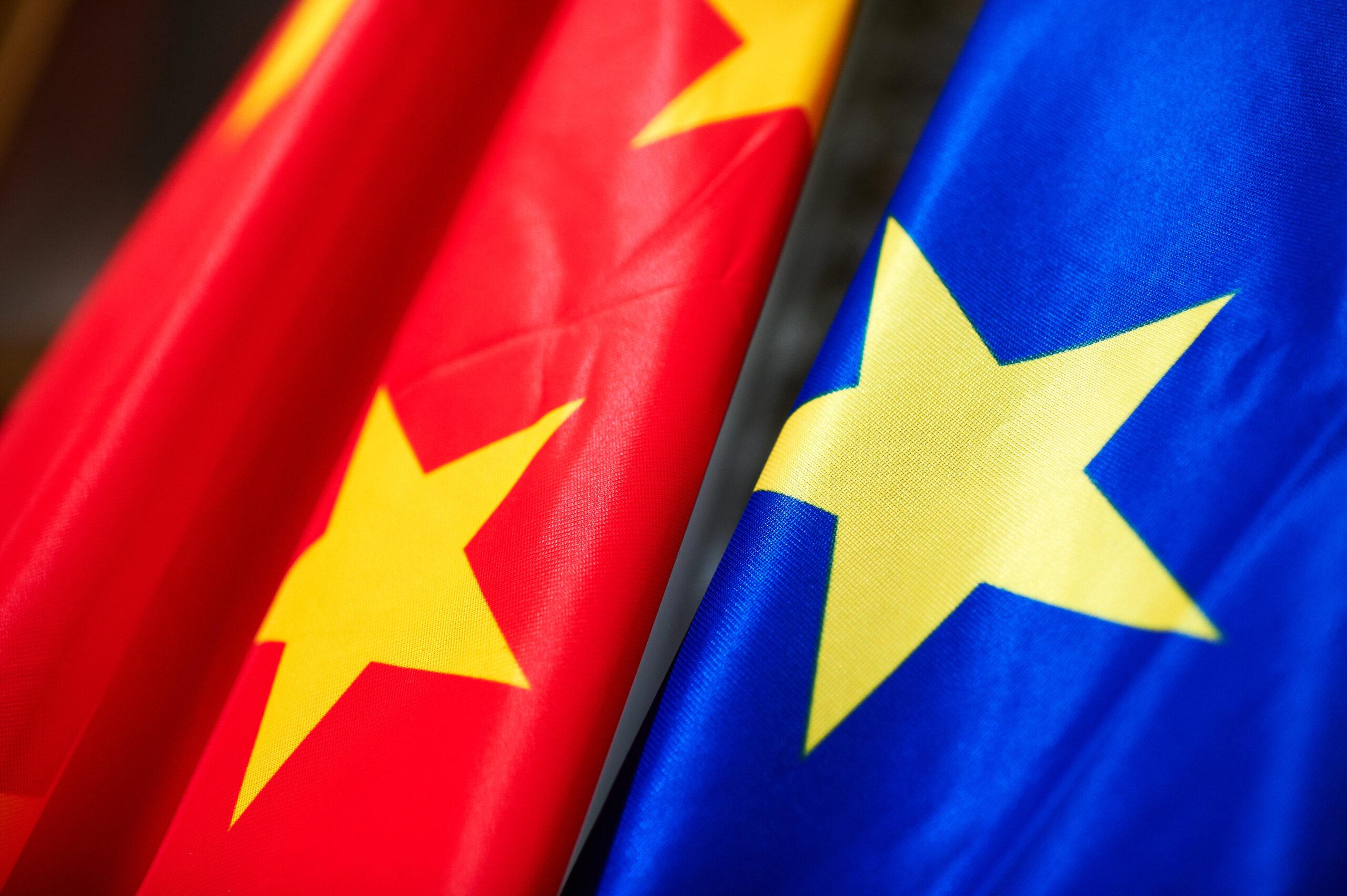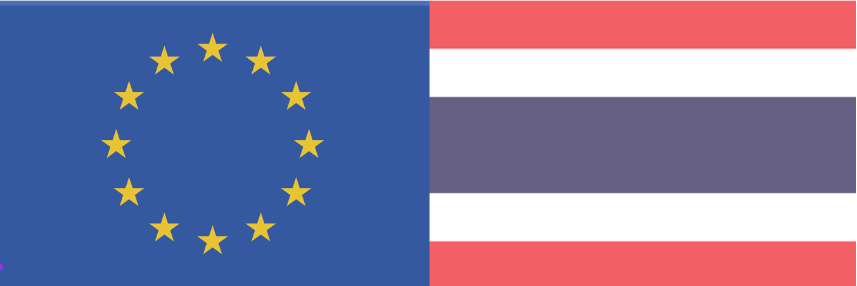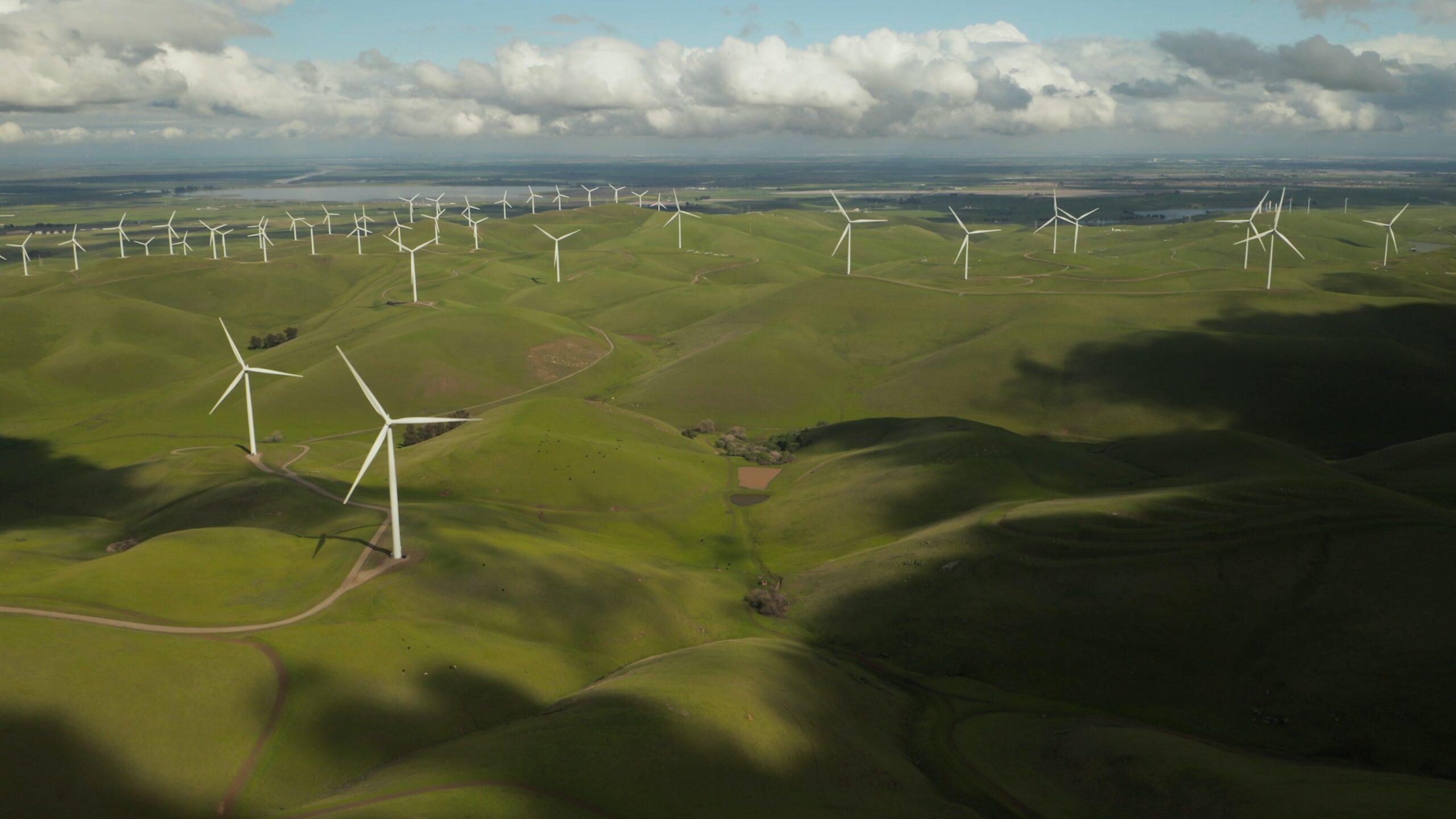
COP28: The Beginning of the End of Fossil Fuels?
The 28th United Nations Climate Change Conference, the Conference of the Parties (COP28), concluded in Dubai on 13 December 2023 with an important agreement, heralding the “beginning of the end of the fossil fuel era” according to the UNFCCC. The accord aims to further the change to a “swift, just, and equitable” transition marked by substantial emissions reductions and increased financial commitments, especially towards developing countries. The nearly 200 participating Parties collectively decided on the world’s first global stocktake to intensify climate action before 2030, aiming to maintain the Paris Agreement global temperature limit of 1.5 °C. The 2023 record-breaking conference drew over 90,000 participants to the United Arab Emirates (UAE) to negotiate, share solutions, and build partnerships.

